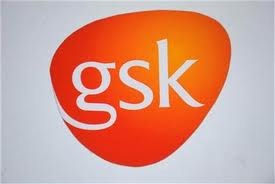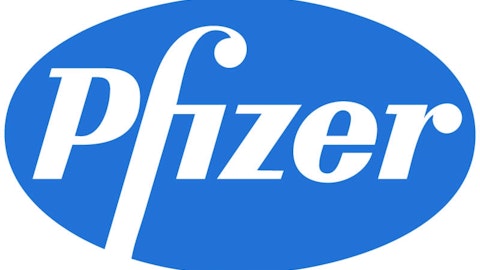Some of the best-performing stocks over the past several decades boast long histories of paying dividends to shareholders. Moreover, if these stocks sell for an apparent discount to their intrinsic values, they might deserve a place in your portfolio. In my opinion, GlaxoSmithKline plc (ADR) (NYSE:GSK) offers both great dividend growth and impressive value. Here’s why you may want to give this notable drugmaker a closer look.
Company Performance in Review
Glaxo is a UK-based, $109 billion pharmaceutical company with a broad array of products. The company operates through three segments: Pharmaceuticals, Vaccines, and Consumer Healthcare. Pharmaceutical products make up the bulk of Glaxo’s business, comprising 68% of the company’s sales. The Vaccines and Consumer Healthcare groups account for 13% and 19% of sales, respectively. Glaxo’s business is spread across the world. The United States provides the most business for the company, but Glaxo derives 68% of its sales from outside the U.S.

Going forward, Glaxo’s growth will be fueled by continued emerging market expansion. The company plans to continue building its emerging market segment to capitalize on growth in the developing international economies. This will be accomplished through a combination of organic investment as well as targeted bolt-on acquisitions.
Pfizer’s Pipeline Uncertainties
Pfizer announced solid full-year 2012 results. The company’s reported diluted earnings per share came in at $1.94. While the company is currently trading for a reasonable 14 times these earnings, full-year 2012 revenues declined 10%. Management blamed the loss of Lipitor for the bulk of the decline.
You might be concerned about Pfizer losing Lipitor, and for good reason. Lipitor accounted for $9.6 billion in sales for Pfizer in 2011, almost as much as the company’s next three best-selling products combined. The company will have to allocate significant resources if it wants to replace these lost sales, which will take a toll on the company’s bottom line going forward. Indeed, Pfizer is forecasting reported diluted earnings per share to be in a range of $1.50 to $1.65 for fiscal year 2013. As a result, the company is trading for more than 17 times the midpoint of its guided 2013 range.
Glaxo doesn’t have the same level of risk associated with its product pipeline. Although Glaxo’s Pharmaceuticals and Vaccines segment accounts for more than 60% of its sales, no one therapeutic area within that segment accounts for more than a third of its sales. Plainly stated, the company isn’t as reliant on one blockbuster drug as Pfizer was with Lipitor.




